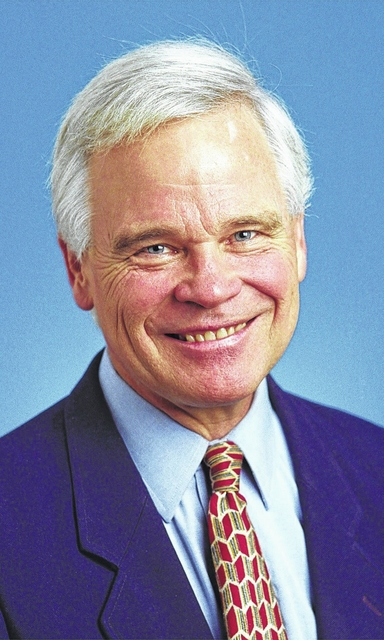Can a Louisiana food writer tell us something about North Carolina barbecue that we did not already know?
Rien Fertel gives it a good try in his new book, “The One True Barbecue: Fire, Smoke, and the Pitmasters Who Cook the Whole Hog.”
Fertel caught the “whole-hog” bug in Tennessee, where a restaurant owner and pitmaster named Ricky Parker introduced him to the world of tending burning coals under 200-pound hogs all night long.
Parker told Fertel that he was married to his pit more than he had been married to any of his wives. Parker said, “If they made me quit cooking with wood, and I couldn’t buy whole hogs, I would totally quit.”
When Fertel made his way across the mountains into the Carolinas, he was laser-focused on the small and diminishing number of barbecue restaurants that still cook whole-hog over wood coals. At those places Fertel does not focus on the food as much as the pitmasters, the people who stay up all night shoveling coals, adjusting the heat, turning the pig and sometimes staying over a 20-hour period. For Fertel, those pitmasters are the most interesting people and their stories most important.
For instance when he visited one of North Carolina’s most prominent whole-hog barbecue restaurants, Wilber’s in Goldsboro, Fertel spent his time with pitmaster Keith “Pop” Miller, rather than the legendary owner, Wilber Shirley.
Spending the evenings with Pop Miller, he saw the hard work of hauling the pigs and wood into the pit and felt the heat of the hot coals being shoveled and adjusted so that each part of the pig cooked slowly and appropriately. That hard work interrupted long periods of just watching to be sure nothing went wrong.
That hot fire can be uncomfortable and dangerous. Most restaurants with barbecue pits have stories about the times their fires have gotten out of control.
The key to the best pit-cooked barbecue is how well the pitmaster watches and makes little adjustments over the long night.
As Fertel told me the other day, “It’s a lot of time to stare into the fire.”
Then, like many North Carolina barbecue fans, Fertel made his way to Pitt County and a small town some call the barbecue capital of the world. He explains, “As home to three of the country’s last dozen or so whole-hog establishments that still use wood, smoke, and fire, Pitt County, North Carolina, could not be better named, for it is the literal and spiritual capital of the whole-hog barbecue. This agriculture-and livestock-rich region serves as a bastion, or pit, as it were, where the nation’s oldest vernacular barbecue tradition has been slowly smoking for nearly two centuries.”
Ayden is the small-town barbecue capital where two related, but competitive, families run successful whole-hog restaurants.
The best known to people outside Ayden is the Skylight Inn. Its founder, the late Pete Jones, used promotional skills and an adherence to “keeping things the same” to build a thriving business. His family continues it today in Ayden and nearby Winterville where Pete’s grandson, Sam, cooks whole hogs at newly-opened Sam Jones BBQ.
At Bum’s, just down the street from Skylight, Larry Dennis carries on a restaurant founded by his father and a tradition that goes back to the early 1800s. But, as Dennis explained, the restaurant will probably end with him because none of his three daughters is interested in continuing the business.
So, if you want to experience the whole-hog, wood coal experience that drew a Louisiana food writer to Pitt County, it might be a good idea to get yourself down to Ayden right away.
D.G. Martin hosts “North Carolina Bookwatch,” which airs Sundays at noon and Thursdays at 5 p.m. on UNC-TV. Preview the upcoming program on UNC-MX digital channel (Time Warner channel 1276) on Fridays at 8 p.m.

